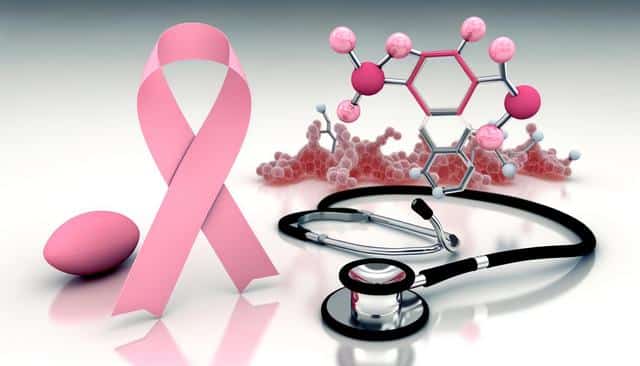Inflammatory Breast Cancer: A Rare but Aggressive Form
Inflammatory breast cancer is a rare type of breast cancer that progresses rapidly and requires immediate medical attention. Unlike other types, it may not present with a distinct lump. Instead, it typically manifests with redness, swelling, and a warm sensation in the breast, often resembling an infection. These symptoms are a result of cancer cells blocking the lymph vessels in the skin, leading to an inflammatory appearance. Early signs of breast cancer in this form can easily be overlooked due to their resemblance to breast infections or injuries, making awareness critical in managing this aggressive condition effectively.
Causes and Risk Factors
Understanding the causes and risk factors associated with breast cancer is vital for prevention and early detection. While the exact cause of breast cancer is not known, several factors can increase the risk. These include genetic mutations, family history, and lifestyle factors such as diet, alcohol consumption, and physical activity levels. Age also plays a significant role, as the risk increases with age. Knowing these risk factors can encourage people to engage in healthier lifestyle choices and seek regular medical screenings, aiding in early detection and possibly decreasing the risk of developing breast cancer.
Exploring Breast Cancer Treatment Options
Breast cancer treatment varies significantly depending on the type, stage, and individual patient factors. Common treatment options include surgery, chemotherapy, radiation therapy, hormone therapy, and targeted therapies. The treatment plan is often tailored to meet the specific needs of the patient. In recent years, advancements in medical research have opened doors to more personalized treatment approaches, focusing on the genetic and molecular profile of the tumor. Consultation with an oncologist can provide patients with a comprehensive understanding of the suitable breast cancer treatment options and expected outcomes, offering a roadmap to effective management.
The Importance of Early Detection and Prevention
Early detection of breast cancer is key to improving treatment outcomes and survival rates. Regular screenings, such as mammograms, are instrumental in catching the disease in its early stages. Self-examinations and awareness of breast cancer signs also play a vital role in early detection. A proactive approach towards prevention includes maintaining a healthy lifestyle, a balanced diet, and regular exercise. In addition, staying informed about breast cancer symptoms and early signs, as well as accessing preventative healthcare services, ensures that individuals are well-equipped to tackle potential health issues proactively.

